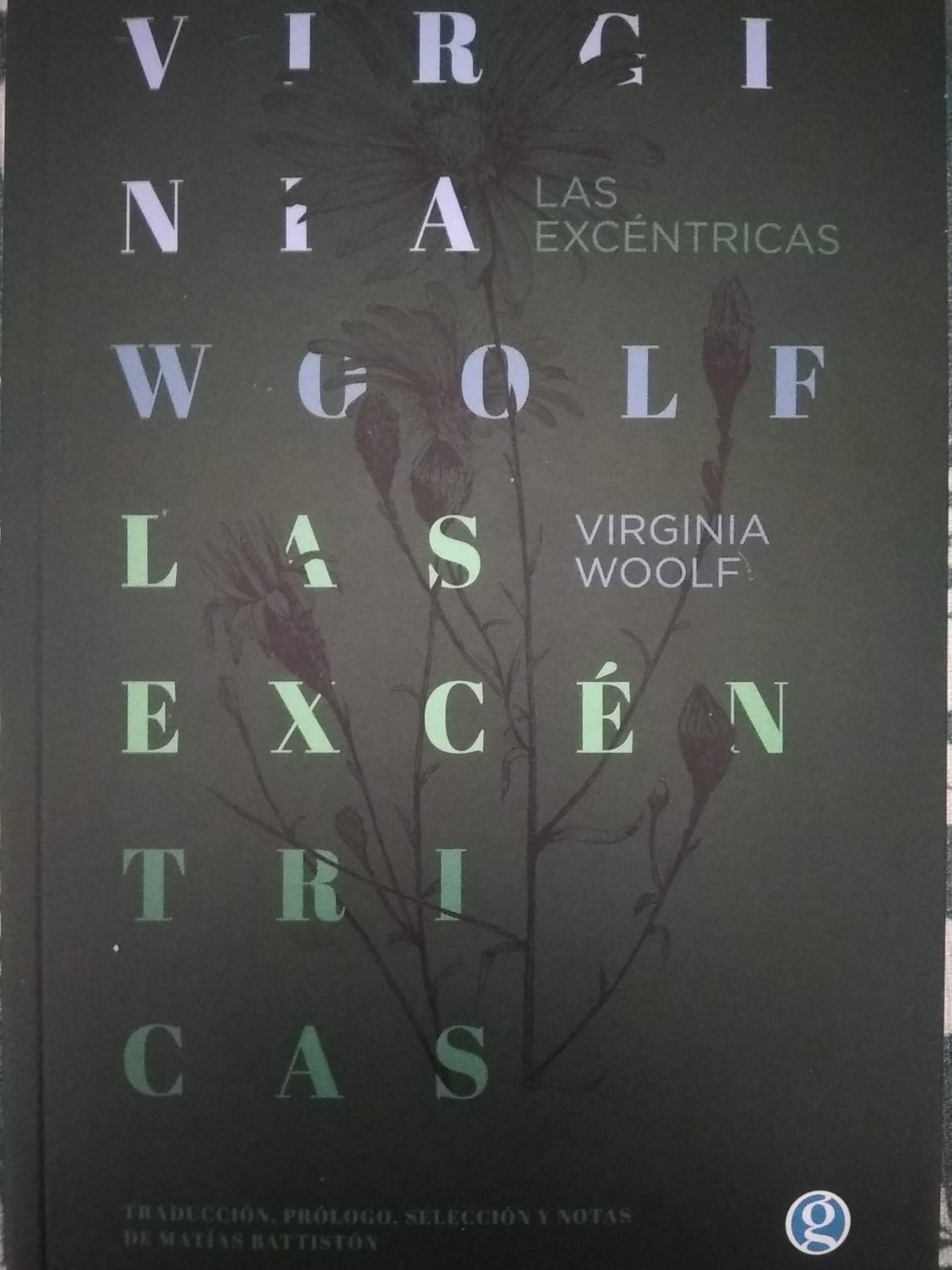
La relación entre Virginia Woolf y la excentricidad era peculiar. "Desde el primer momento se vio que ella era incalculable, excéntrica y propensa a los accidentes", señala su sobrino, el historiador de arte Quentin Bell. Su aspecto, su ropa y, en suna, ella misma podían generar impresiones encontradas. "Tenía una presencia que la volvía notable de inmediato", dice Madge Garland, legendaria editora de Vogue, al recordar la primera vez que la vio, en los años veinte. Pero lo que también le llamó la atención fue que esa mujer elegante y distinguida llevará puesto "lo que solo podría describirse un cesto de basura dado vuelta en la cabeza". Matías Battistón
Author

(Adeline) Virginia Woolf was an English novelist and essayist regarded as one of the foremost modernist literary figures of the twentieth century. During the interwar period, Woolf was a significant figure in London literary society and a member of the Bloomsbury Group. Her most famous works include the novels Mrs. Dalloway (1925), To the Lighthouse (1927), and Orlando (1928), and the book-length essay A Room of One's Own (1929) with its famous dictum, "a woman must have money and a room of her own if she is to write fiction."